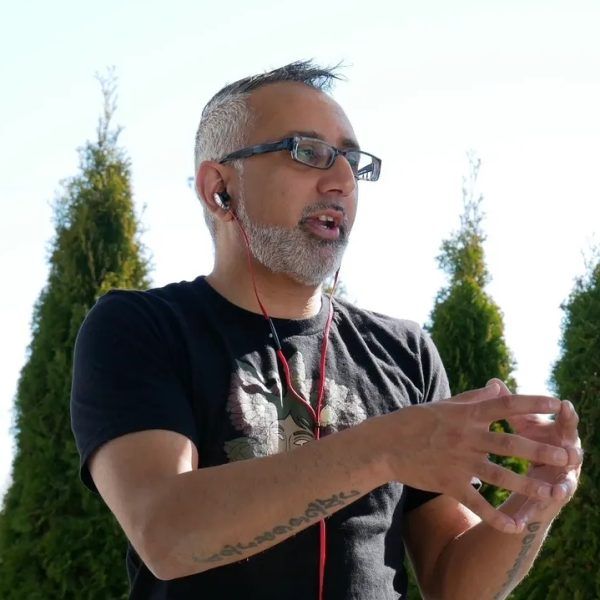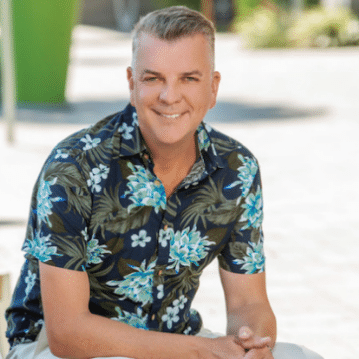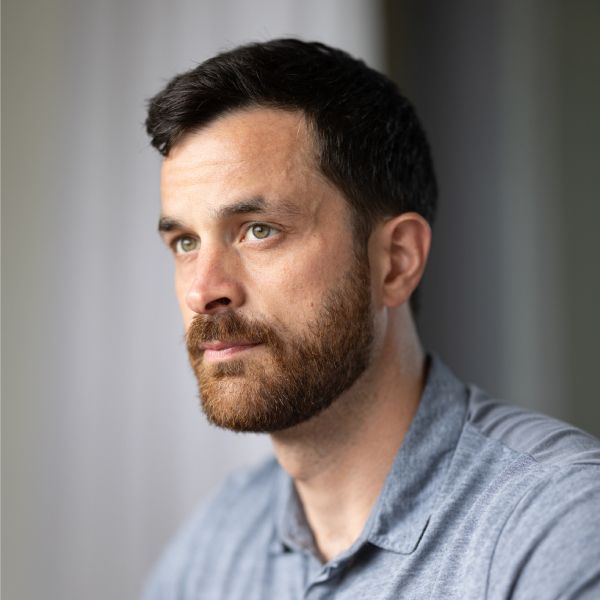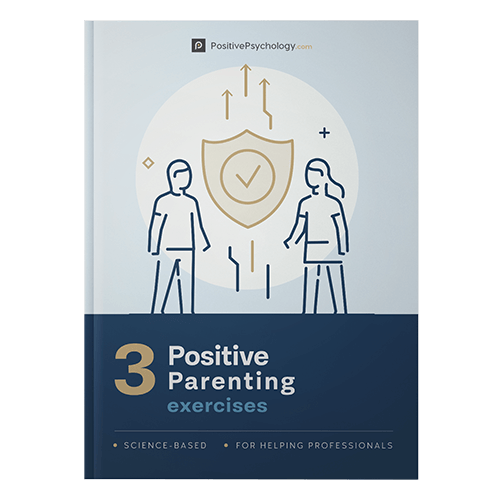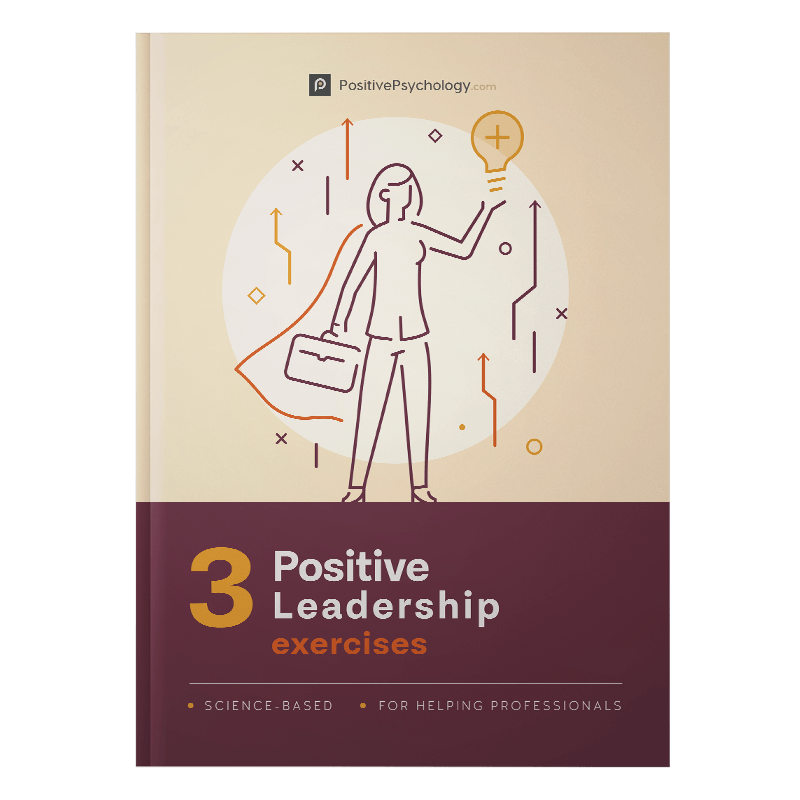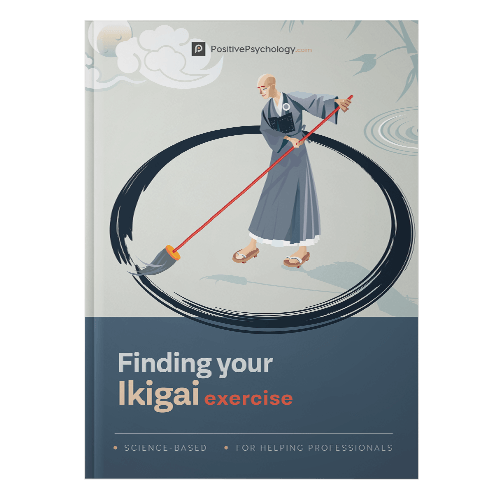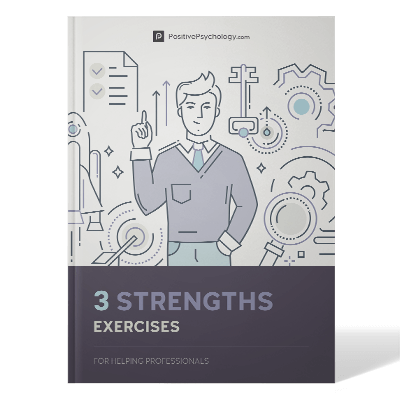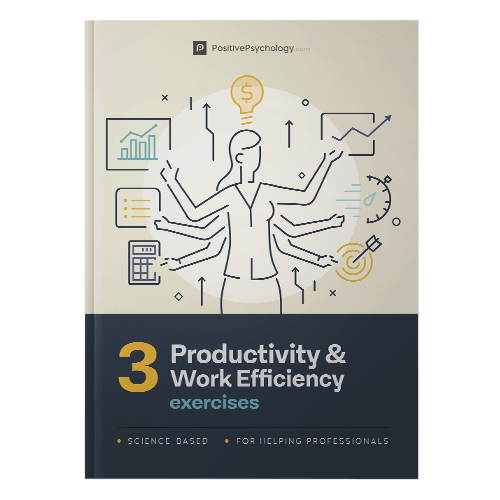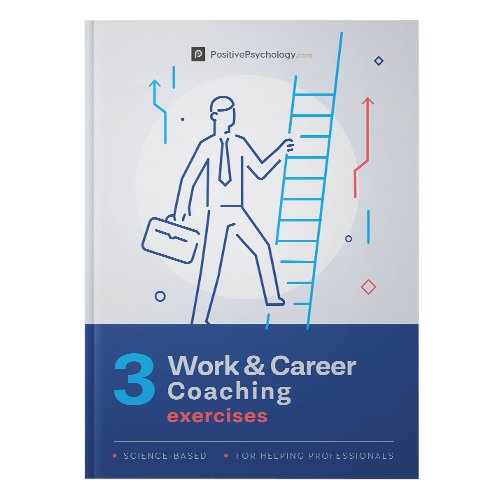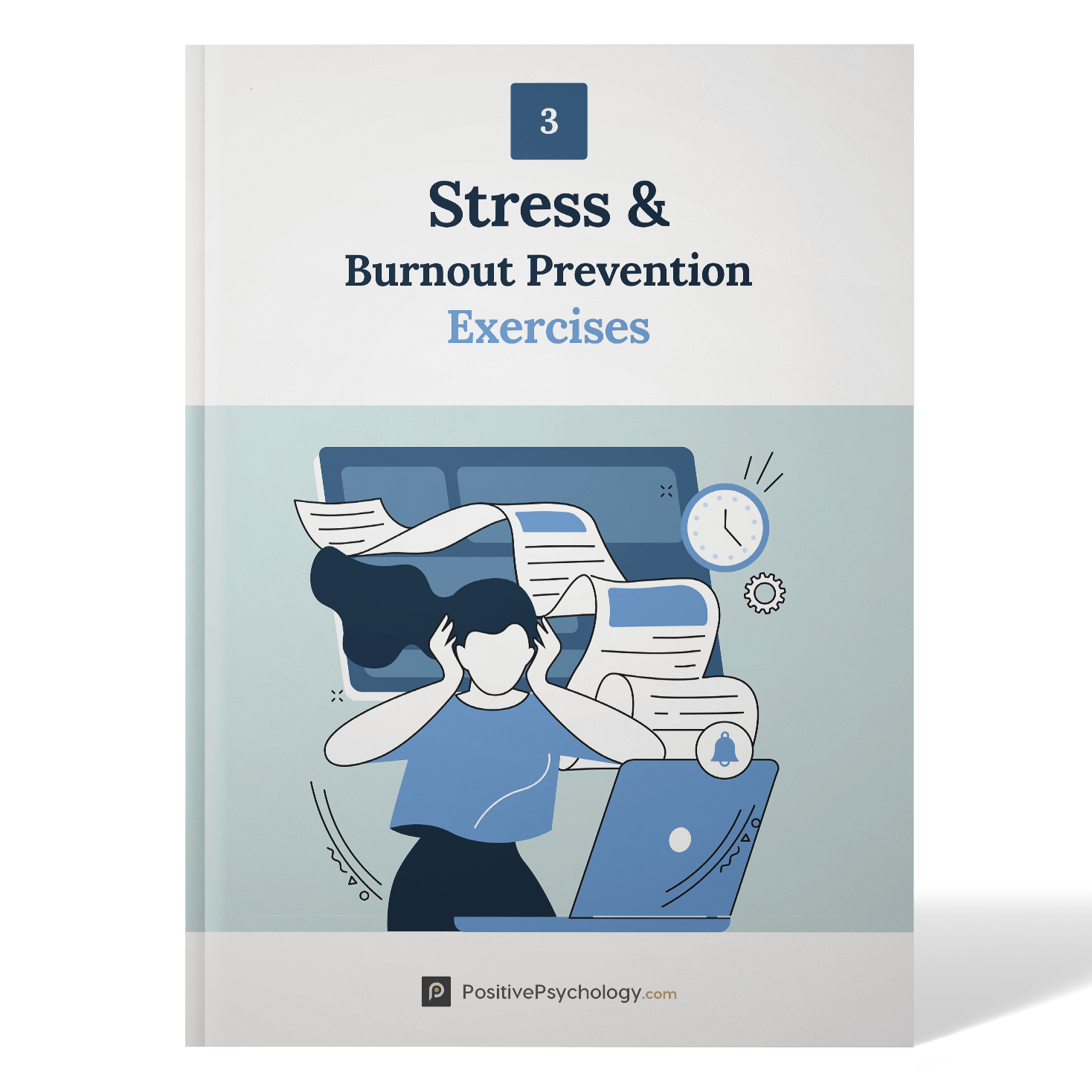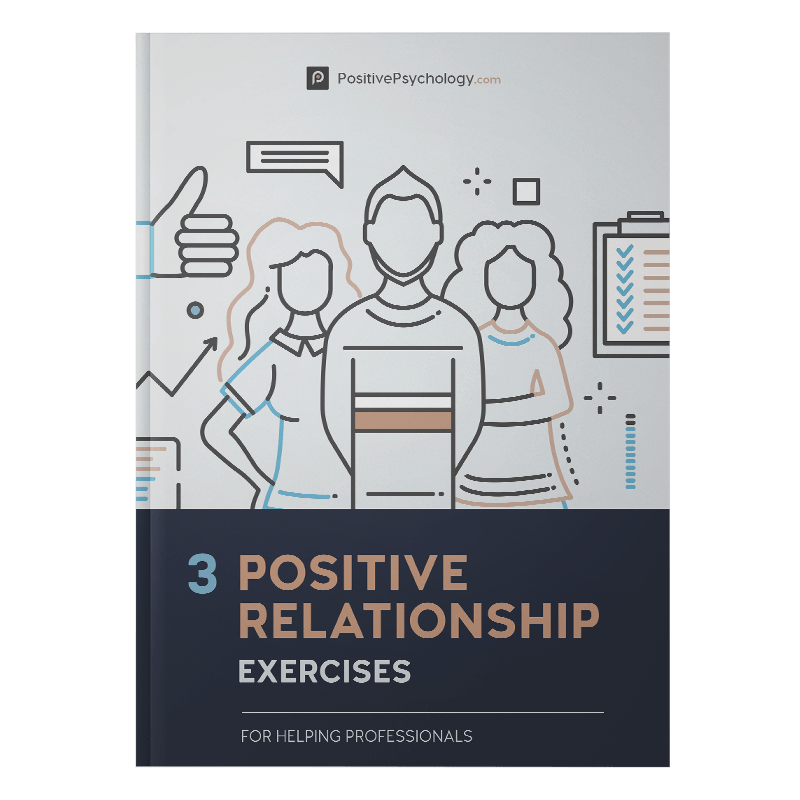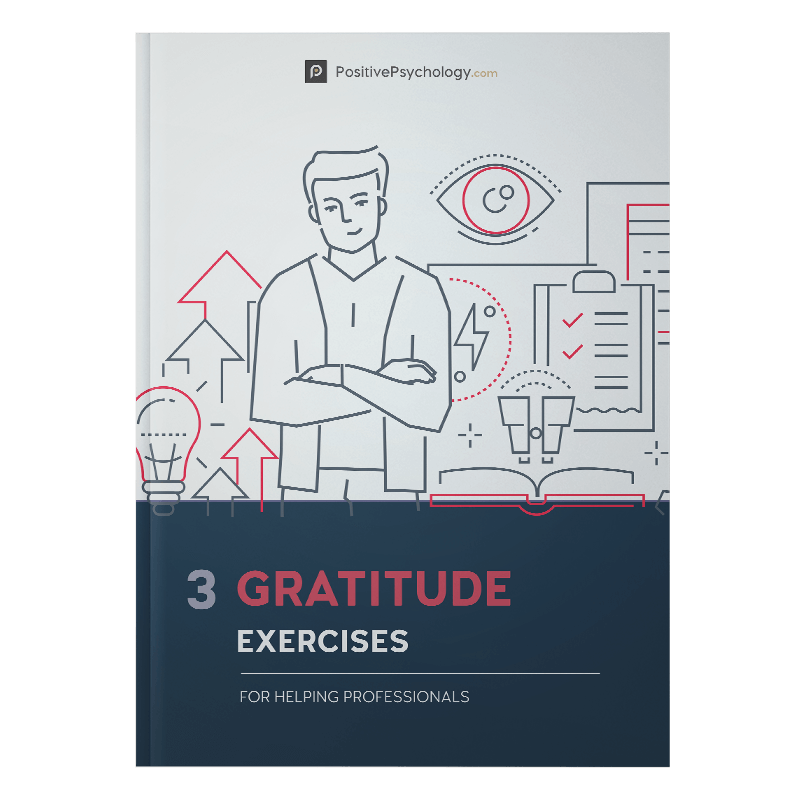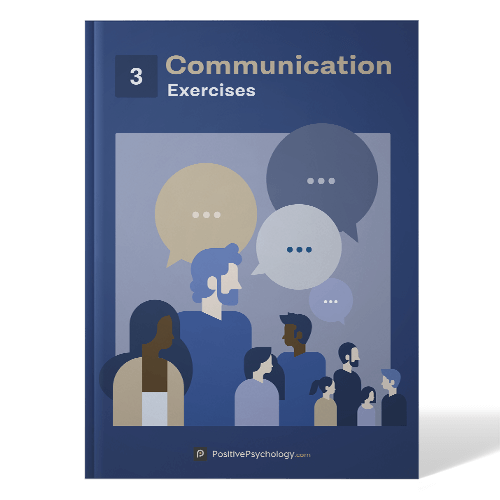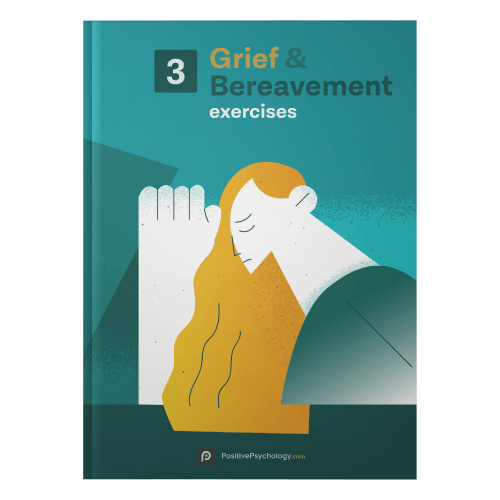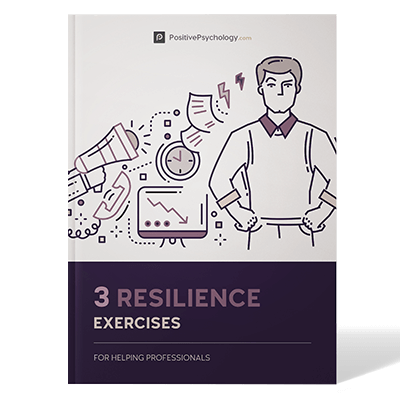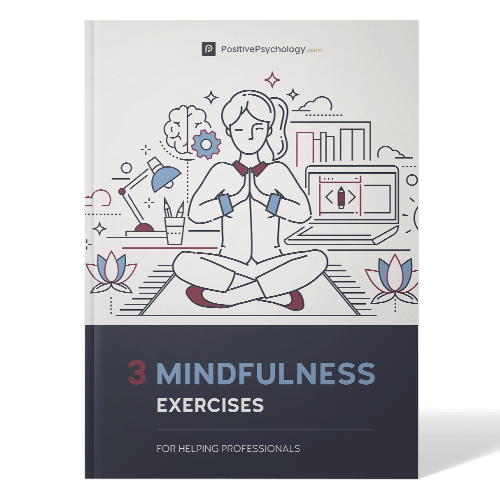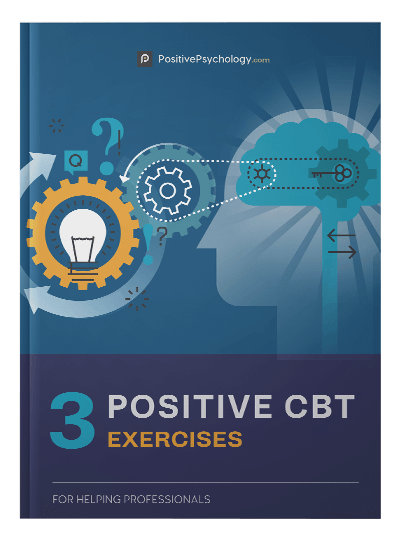The “Missing Piece”
Michael was instantly intrigued by positive psychology’s focus on strengths, resilience, and wellbeing. He felt as though it offered something that the treatment center’s conventional approaches had not:
“I’ve always felt that there was a huge piece missing out of the [conventional] treatment that’s offered. It was like, ‘Okay, we’ll get you clean. We’ll get you off the substances or out of the behavior, and then you’re on your own. Good luck. And if you relapse, you’re a failure.’”
In comparison, positive psychology treated the human instead of just the problem.
“It opened up this absolute treasure chest of tools and ways of communicating. It just suddenly makes recovery so much more attractive and doable.”
As he embarked on his next career move, positive psychology became his professional “missing piece”:
“Here I am, opening up a treatment center,” he recalls thinking. “How can I make this program different?”
From there, Michael began applying positive psychology approaches “bit by bit” in his work with clients. He started by using mindfulness techniques alongside Cognitive-Behavioral Therapy (CBT) for anxiety, followed by Acceptance and Commitment Therapy (ACT).
He’s since refined his professional approach and found new resources to organize his client journeys:
“What’s so beautiful about PositivePsychology.com is that they’ve just pulled it all together. Instead of grabbing bits and pieces, it’s now a far more cohesive type of package and language so there’s a thread that runs through it. It’s really just been a refinement over a period of time.”
Rewriting the Narrative
A fundamental part of Michael’s work is helping clients manage feelings of guilt and shame. ACT plays a particularly pivotal role in this, he feels.
“I get my clients into this idea that we’re dealing with two [personas]: Michael in recovery and Michael the addict. And a lot of that past behavior was Michael the addict. It’s not who you are now. It’s not who you are becoming. That behavior is very, very specific to where you were and what you were doing at that time of your life.”
This involves helping them reframe their past and current experiences, or “rewrite the narrative.” It’s also an effective approach for treating anxiety, stress, and burnout:
“It’s about the way that you describe yourself and your experiences,” he tells his clients. “If you continually tell yourself that you’re anxious and can’t cope, that’s going to be your lived reality.”
“It’s about moving away from that mindset of, ‘I’m damaged. There’s something wrong with me,” [and toward] ‘I’m a unique individual, I’ve actually got strengths, and I can do this.’”
Stress and burnout are areas in which Michael combines positive psychology techniques with his conventional therapeutic approaches — one example is CBT and mindfulness tools for anxiety.
The results have been incredibly rewarding for Michael, whose clients have described their transformations as life-changing.
“We did the mindfulness, the CBT, and the stress and burnout tools,” he recalls of one particular client with severe anxiety.
“And the last time I saw her, she said, ‘I don’t even recognize who I am anymore. My husband and my colleagues don’t recognize who I am anymore, because I am just the coolest person who doesn’t get fazed.’ And her parting words were, ‘Thank you Michael. You’ve changed my life.’”
Michael believes that his science-based tools have been central to the shifts that his clients have been making: “I think it’s [having] an incredible toolkit of scientifically evidence-based resources that can make a significant shift in a person’s life.”
Referring regularly to the practitioner notes in the Positive Psychology Toolkit© and concepts like the Sailboat Metaphor, Michael feels that he and his clients have developed “a whole new language [with a foundation] built on hope.”
Those changes extend far beyond Michael’s clients’ feedback. From his perspective as a practitioner, he’s noticed fundamental shifts in the way his clients view their challenges.
Generally, they’re more autonomous, authentic, and excited about their lives.
Many of them also have a brand-new attitude toward behavioral change and the opportunities that lie ahead of them: “What I love the most is that attitude of, ‘I’ve got this.’”
From Self-Doubt to Autonomy
Helping his clients develop autonomy has always been one of Michael’s top priorities as a therapist.
It’s a concept that many clients find tricky to deal with, as most helping professionals will already know:
“This idea that they’re going to be able to function on their own without their therapist can be quite overwhelming at times.”
His new tools and resources have changed that considerably because Michael can now arm his clients with what they need to help themselves. He feels he’s become “a much better professional,” which has been “life-changing for me and for my clients.”

